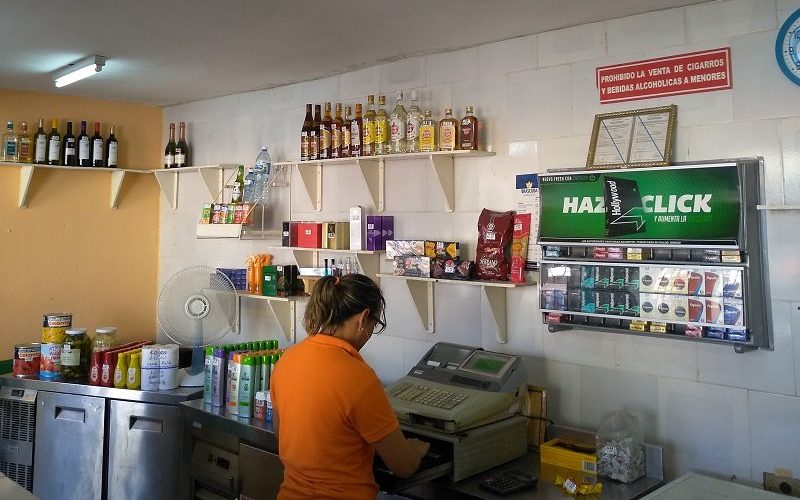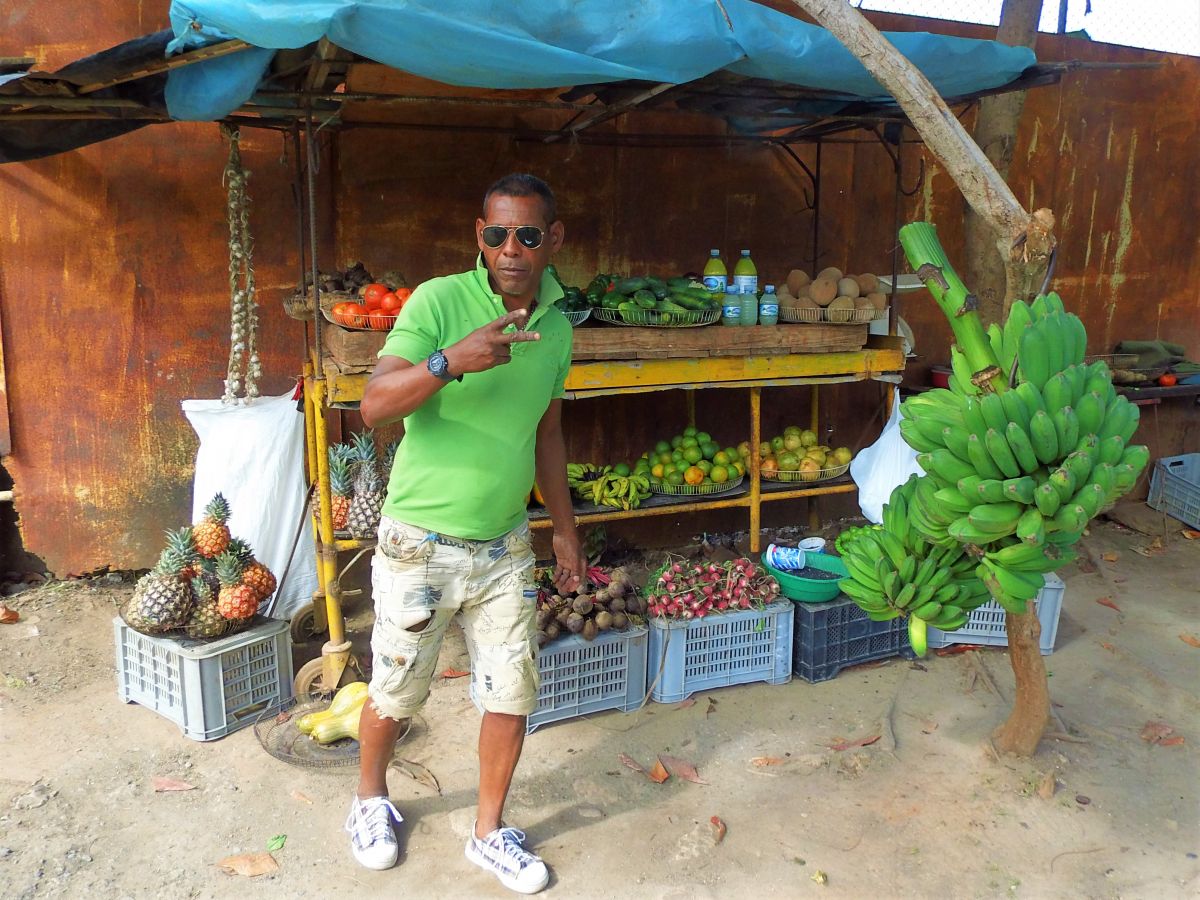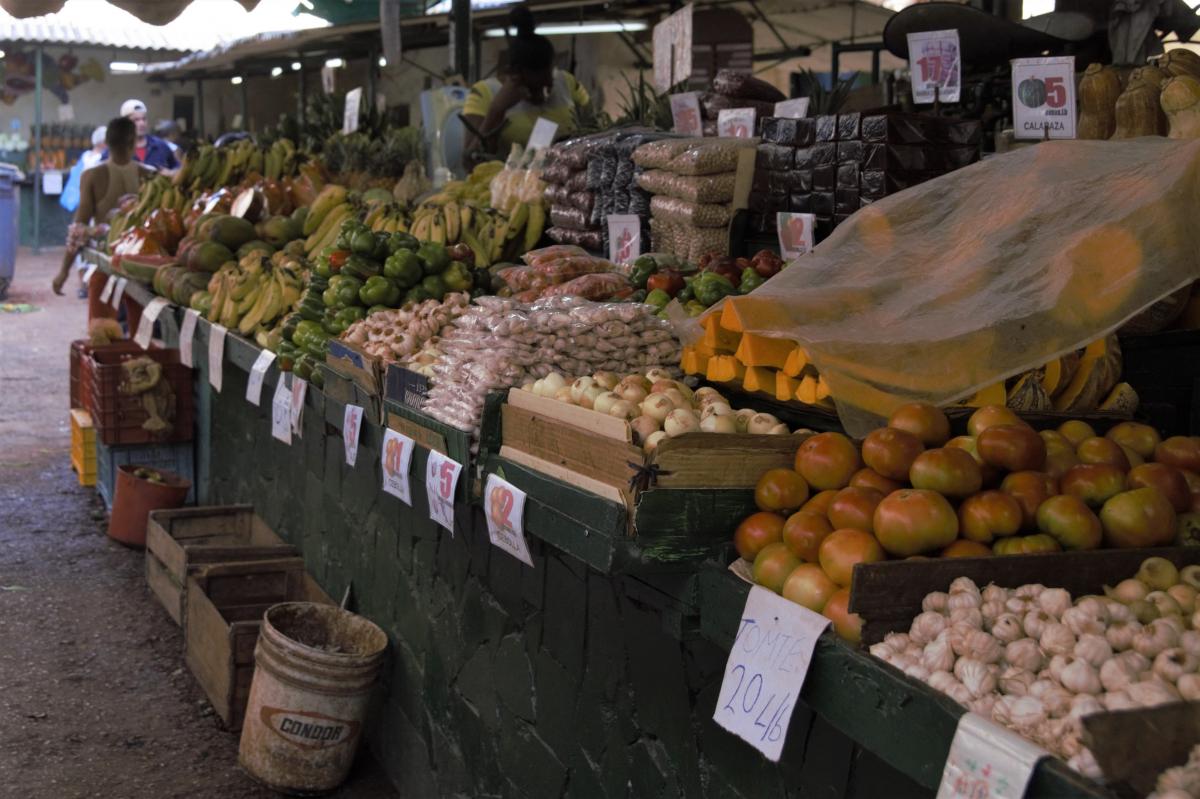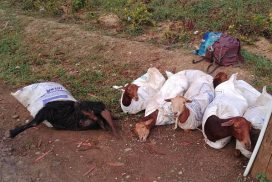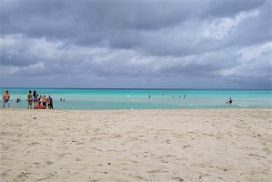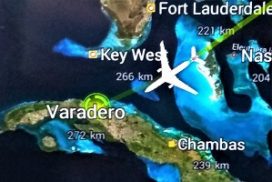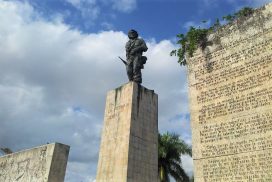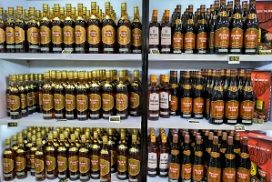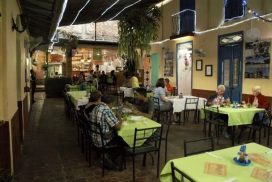Shopping & Stores in Cuba
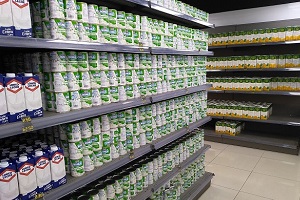
Updated: Dec 19, 2022
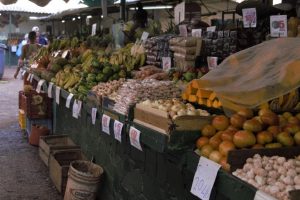
Updated: Dec 19, 2022
In Cuba, the state runs the show when it comes to retail. All supermarkets, gas stations, kiosks, and other professional businesses are part of a state-owned retail chain. This might sound convenient, but it's actually a reflection of the country's mismanagement. What gets imported to the country's stores is often not what people need or want, but rather what the bureaucrats in Havana decide. If you're planning a trip to Cuba, this is something to keep in mind. You might have a hard time finding the things you need.
The most important points:
- When traveling through Cuba, shopping can be done in an extensive network of larger supermarkets and smaller stores, that are known as kiosks.
- The supply of goods is extremely limited throughout Cuba. For details, see the article on the supply situation.
- Prices are quite high. Most products cost double of the typically international prices. Detailed information on prices can be found in the article on price levels and costs in Cuba.
Shops & Supermarkets: What to expect
In Cuba, all supermarkets, gas stations, kiosks, and other professional businesses are run by a state-owned retail chain, which is an expression of the official mismanagement. As a result, it can be difficult for travelers to find the groceries and goods they need in the supermarkets.
Despite a well-developed network of smaller outlets and larger supermarkets across the country, the range of goods in these shops is often extremely limited, and even important items are frequently out of stock.
It is a common occurrence for the shelves in these stores to be empty, and shoppers often hear the phrase »no hay« (there is not) when asking about a specific item.
If there are products in stock that are actually in short supply, long queues form in front of the markets. The lucky Cubans that can get something, buy the important products in bigger amounts to store them, at least when they can afford it.
This leads to the goods running out even faster, and it is not uncommon for people to be approached on the street and asked where they obtained a product that is in short supply.
Overall, travelers in Cuba may find it challenging to purchase the groceries and other goods they need, due to the limited availability and high demand for many items
Shopping in Cuba: Limited Selection and High Prices
The range of products available in supermarkets is limited to basic items such as rice, pasta, cooking oil, and canned food. These goods are generally of low quality, and it is difficult for travelers with specific dietary needs or preferences to find suitable products. For example, it is very rare to find unsweetened fruit juices.
Vacationers often resort to purchasing soft drinks, bottled water, or snacks like crackers and candy. What is usually sufficient - and quite inexpensive - are beer, rum and cigarettes, so that you can at least pursue the small vices.
Due to the state control over the retail industry, the prices and supply of goods are similar across different types of shops, such as gas stations, kiosks, bars, and supermarkets. For example, a popular Cuban cola called "TuKola" costs around 50 cents (USD) nationwide, whether you are in Havana or a remote mountain village, and whether you are shopping during the day or late at night.
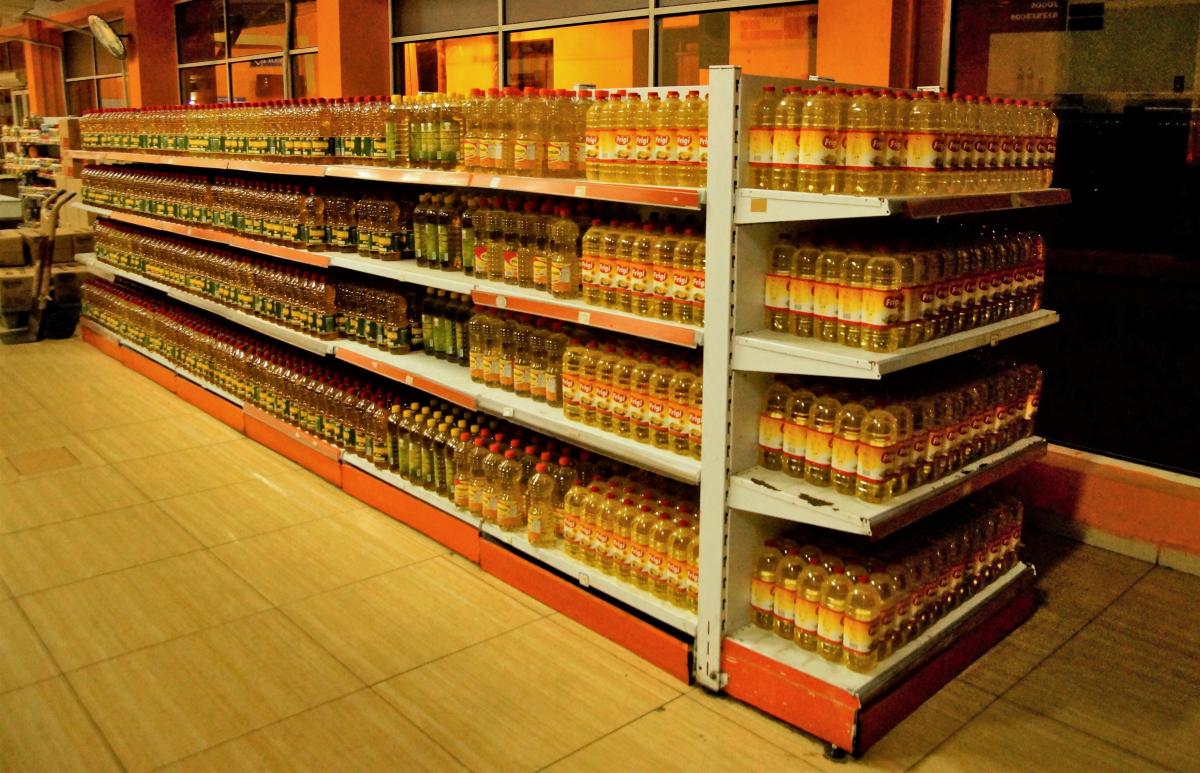
Cooking oil in supermarket
In Cuba, prices are generally uniform throughout the country, with only a few exceptions. In state-run pubs, nightclubs, hotels, and at the airport, prices may be slightly higher.
To learn more about the current price levels in Cuba, you can read our article on the current prices in Cuba.
How self-catering can help you save money and eat better on your Cuba trip
The limited supply of goods in Cuba makes it difficult for travelers to provide for themselves during their trip. It is often difficult to even find drinks, and the selection of food in stores is usually limited to simple snacks like cookies and crackers.
For this reason, it is recommended that travelers have breakfast at their accommodation and take advantage of the delicious tropical fruits that are available, depending on the season. These can include bananas, guayabas, mangos, and fruta bomba (papaya).
If you are traveling with a rental car, it is also a good idea to bring some long-life food from your home country. This is not very environmentally friendly, but it is especially recommended if you are traveling with children. Nuts, muesli bars, and other durable (heat-resistant), packaged snacks are good options.
However, most travelers will have no choice but to eat at their accommodations or in snack bars and restaurants. This is especially challenging for vegetarians, vegans, or people with special dietary needs, as Cuban cuisine typically includes a lot of fat and meat.
Meals without these ingredients are not widely available, and the quality of the fats used in cooking is often poor. In tourist destinations, it is easier to find restaurants that offer a wider range of dishes, including some that are better quality.
If you are concerned about maintaining a healthy diet, you can try buying vegetables at farmers' markets and preparing them yourself, if your accommodations have a kitchen. It is also a good idea to bring some olive oil and spices with you, as these can be difficult to find in Cuba.
Alternatively, you can ask your host at a Casa Particular if they can provide a meal that meets your dietary needs and preferences. Hosts are usually happy to accommodate the requests of their guests.
